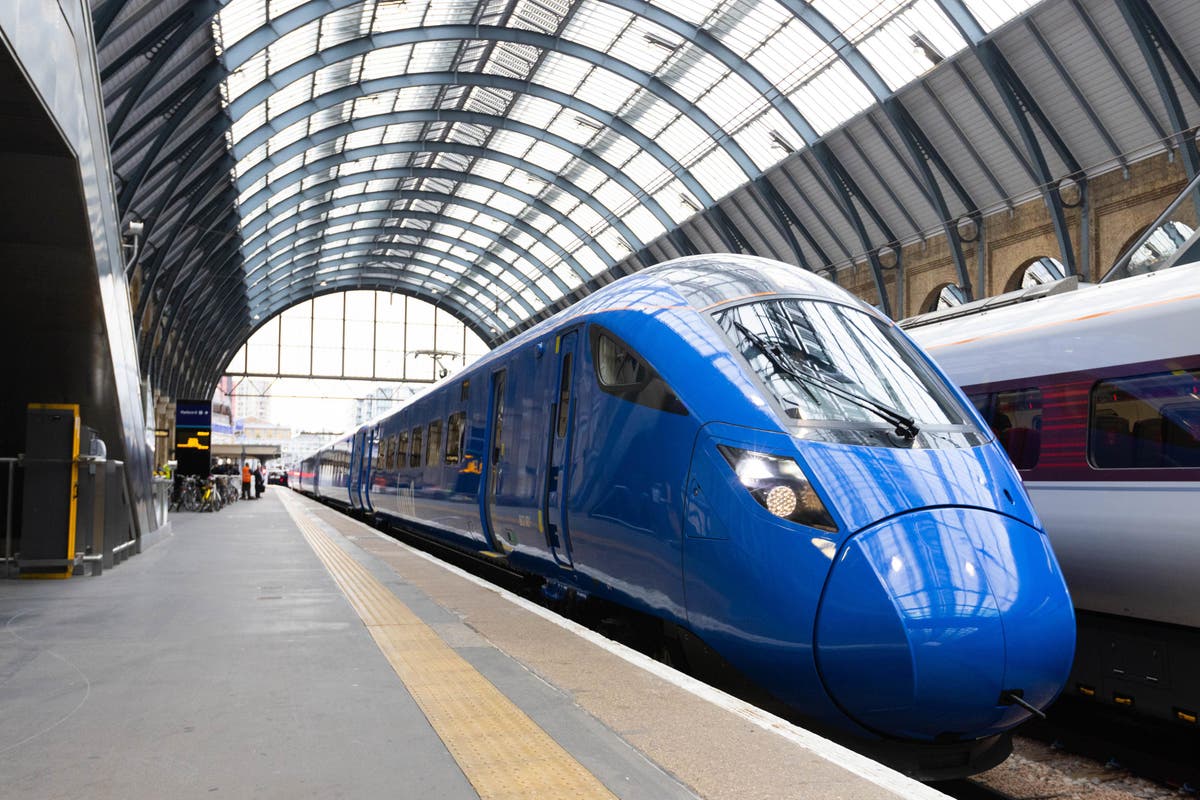This website uses cookies so that we can provide you with the best user experience possible. Cookie information is stored in your browser and performs functions such as recognising you when you return to our website and helping our team to understand which sections of the website you find most interesting and useful.

More competition on rail routes should be encouraged as part of measures to “revitalise” Britain’s railways, an industry body has said.
Rail Partners, which represents private train companies, said allowing operators to run services on the same lines is more common on the Continent and can lead to a boost in passenger numbers, newer trains, cheaper fares and reduced subsidies.
Most rail routes in Britain are served by a single operator handed a government contract.
One of the few lines with competition is the East Coast, which runs between London King’s Cross and Edinburgh. Grand Central, Hull Trains and Lumo are open access operators – competing with London North Eastern Railway (LNER) – which do not receive subsidies from the Department for Transport.
A report by Rail Partners noted that competition exists in countries such as France, Germany, Italy and Spain. It called for “the full potential of open access” to be realised on Britain’s railways “where potential demand exists”.
The document went on: “At a time of tight fiscal constraints, open access operators can offer services at no direct cost to the taxpayer while helping to connect underserved communities.
“For some long-distance routes, more rail companies competing for passengers could offer a range of different services based on customer needs.
“Whether it is quicker, more comfortable journeys or faster wi-fi, demand would shape the market, meaning rail companies would have to adapt to the needs of passengers if they want to keep their business.
“For open access to prosper, it is vital that the access regime is fair, transparent, stable, and that the regulator is equipped to facilitate the expansion of this type of competition.”
Applications to launch open access services are assessed by the Office of Rail and Road (ORR).
In December, the ORR approved a proposal from Grand Union Trains (GUT) to run five daily return services between Carmarthen in south-west Wales and London Paddington from the end of 2024 in competition with Great Western Railway.
Rail Partners chief executive Andy Bagnall said a “reinvigorated public-private partnership is the best way to revitalise the railway”.
He went on: “What matters is what works for customers and the taxpayer, so we should put aside ideological debates.
“Train companies, domestically in the past and across the Continent right now, have shown the skills needed to grow passenger numbers and reduce costs for the taxpayer.
“If reform continues to stall, the railway faces stunted recovery from the pandemic and worst case, a permanently smaller network.
“But with the right reforms, the railway can return to growth and act as a catalyst for a stronger, greener economy.”



 Africana55 Radio
Africana55 Radio 
